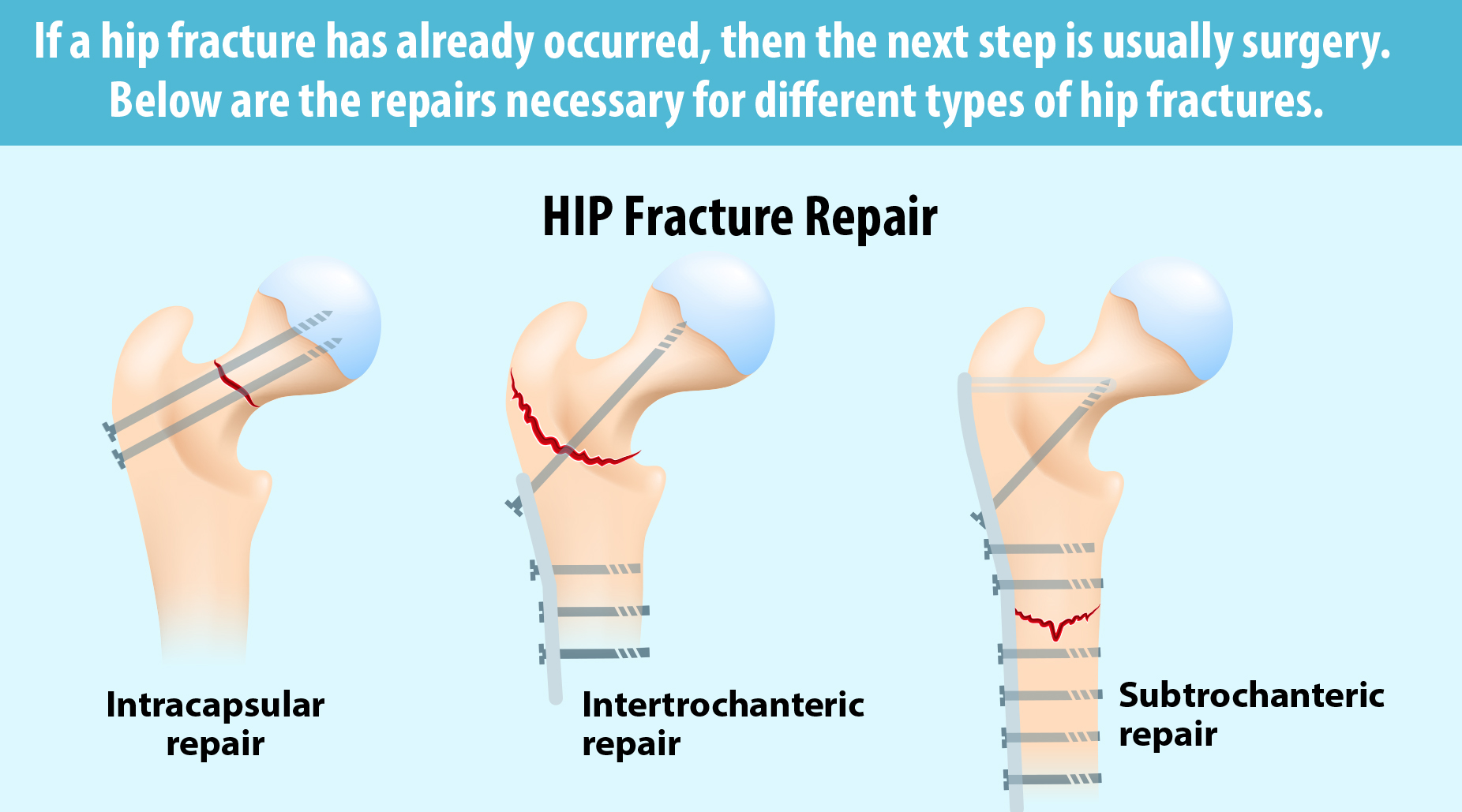What you need to know about Hip Fracture Surgery
Contents
- 1 What you need to know about Hip Fracture Surgery
- 2 What Does the Procedure Involve?
- 3 How Long Should You Stay in the Country?
- 4 How Long is the Recovery Time?
- 5 What Aftercare Should You Consider?
- 6 What is the Success Rate for Hip Fracture Surgery?
- 7 Are there Alternatives to Hip Fracture Surgery?
- 8 What Should You Expect Before and After the Procedure?
A Hip Fracture is a serious injury and its complications can be life-threatening. There are three main types of hip fracture surgery, including internal repair using screws, partial hip replacement, and total hip replacement. The type of surgery you need depends on the severity and location of the fracture as well as your age and underlying health conditions.
What Does the Procedure Involve?
If you undergo internal repair using screws, your surgeon inserts metal screws into the bone to hold it together while the fracture heals. With a total hip replacement, your surgeon replaces the upper femur and the socket in your pelvis with prostheses, while with a partial hip replacement, your surgeon only replaces the head and neck of the femur with a metal prosthesis. All of these types of hip fracture surgery are performed under general or spinal anesthetic.

How Long Should You Stay in the Country?
You may need to stay in the hospital for four to eight days after the surgery. Therefore, you generally should plan to stay in the local area for around 10 to 14 days or until your surgeon says it is okay for you to travel home as sitting too long can be uncomfortable for you.
How Long is the Recovery Time?
The recovery period depends on which type of hip fracture surgery you underwent. In general, you may be able to return to some light activities within three to six weeks. You should be able to do most of your regular activities, such as taking long walks and exercising, within ten to twelve weeks. However, the total recovery period may take as long as six to twelve months.
What Aftercare Should You Consider?
There will be a set of post-operative aftercare instructions from your surgeon that include dietary restriction, wound care, and exercises. Your surgeon will recommend you to undergo physical therapy after the procedure, which focuses on your range-of-motion and strengthening exercises. You may also need to attend follow-up hospital checkups with your surgeon or your local doctor.
What is the Success Rate for Hip Fracture Surgery?
The success rate of hip fracture surgery is around 90% to 95% after 10 years. This procedure is very effective, but there are some side effects and risks that come with it, such as infection, blood clots, dislocation, and loosening.
Are there Alternatives to Hip Fracture Surgery?
If you are not the ideal candidate for hip fracture surgery, you can undergo conservative treatment, including taking medications such as bisphosphonates via intravenous (IV) tubing in the hospital. However, this is only recommended for people who are too frail to cope with surgery.
What Should You Expect Before and After the Procedure?
Before a hip fracture surgery, you may experience pain, bruising, and swelling and your movement may be very limited. After the surgery, all of the symptoms will no longer be there and you can move freely.
For an in-depth analysis of a Hip Fracture Surgery Procedure, watch this short video.
To check prices or to book a Hip Fracture Surgery Procedure in Thailand or anywhere else in the world, head on over to MyMediTravel now!

